Dyslexia is personal. Sitting at the round table as my teacher flashed cards with random words on them that I was expected to read is one of the first memories I have of school. Learning words wasn’t easy for me. I was struggling to learn to read. I found out my reading struggles were due to dyslexia when I was in second grade. Throughout elementary school, I received special education services in the area of literacy. Through the saving grace of a private tutor who taught me to read the way I needed to learn and gave me the needed confidence in myself, I did indeed learn to read and compensate for my dyslexia. It wasn’t a quick fix; it was actually a lot of hard work and determination. Dyslexia cannot be “cured.” I did bring my reading up to grade level and learned to compensate for struggles in spelling and processing speed. I was able to get through middle, high school, and my undergraduate teaching program with only accommodations in the general education classes, to help level the playing field.
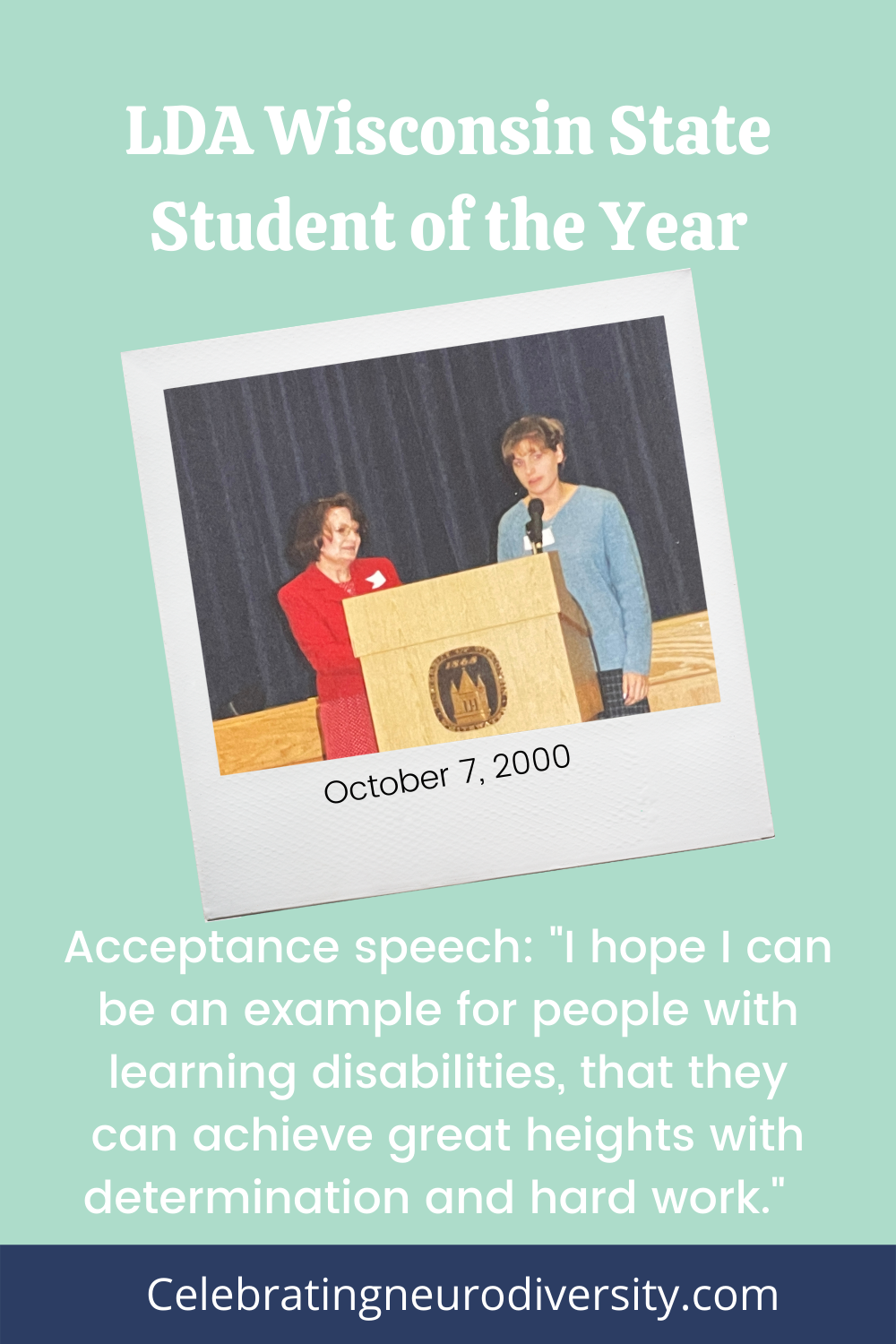
I graduated with a teaching degree in elementary and special education and got a job as a special education teacher. This was my calling. I was determined to help my students succeed. When I didn’t feel I was getting the results I wanted, I continued my education and got my master’s in education. I felt this would give me the answers, so I could successfully teach my students to read. Unfortunately, this was not the case. What I had learned throughout my schooling and in my school district was not enough to help my lowest students close the reading gaps that they had.
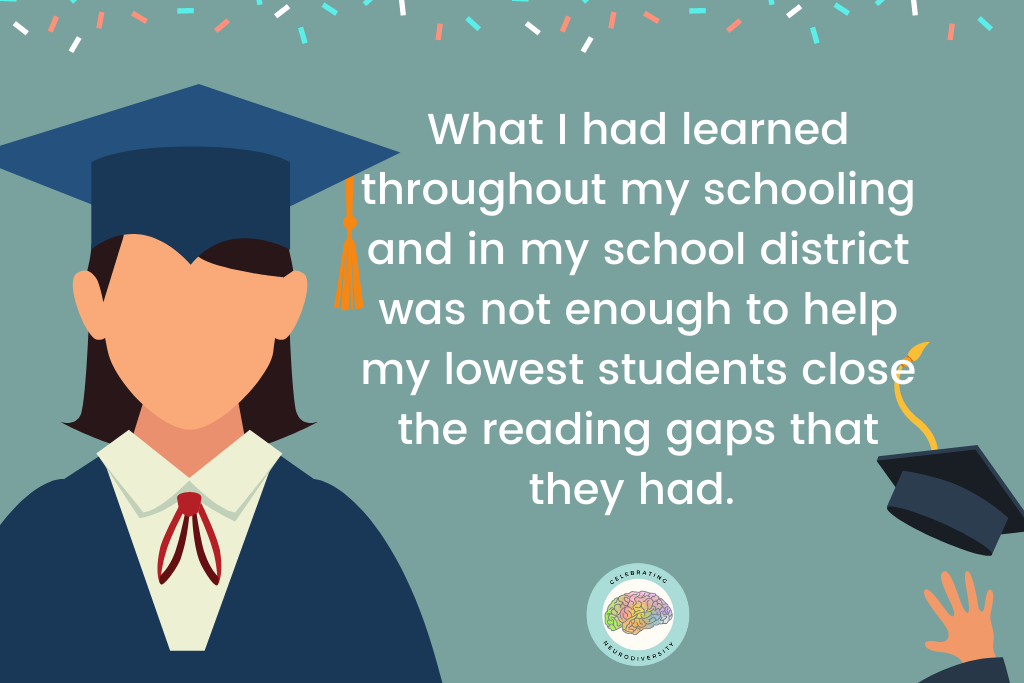
I still remember the day that changed things for me. I was meeting with a fellow learning disabilities teacher and the reading specialist at our school. We were talking about one of our students who was having difficulties learning to read. Her parents took her to a specialist and she was evaluated. She was found to have dyslexia. My colleagues had so many questions. How do we help her? What will work best for her learning? As a fellow dyslexic, I should have had the answers. I should have known… but I didn’t. I had always wanted to help children like myself learn to read, but I was hiding my own dyslexia from the world. The stigma, negative connotation of dyslexia, and lack of knowledge was not just held by the well-educated people around me, or the general public, but myself.
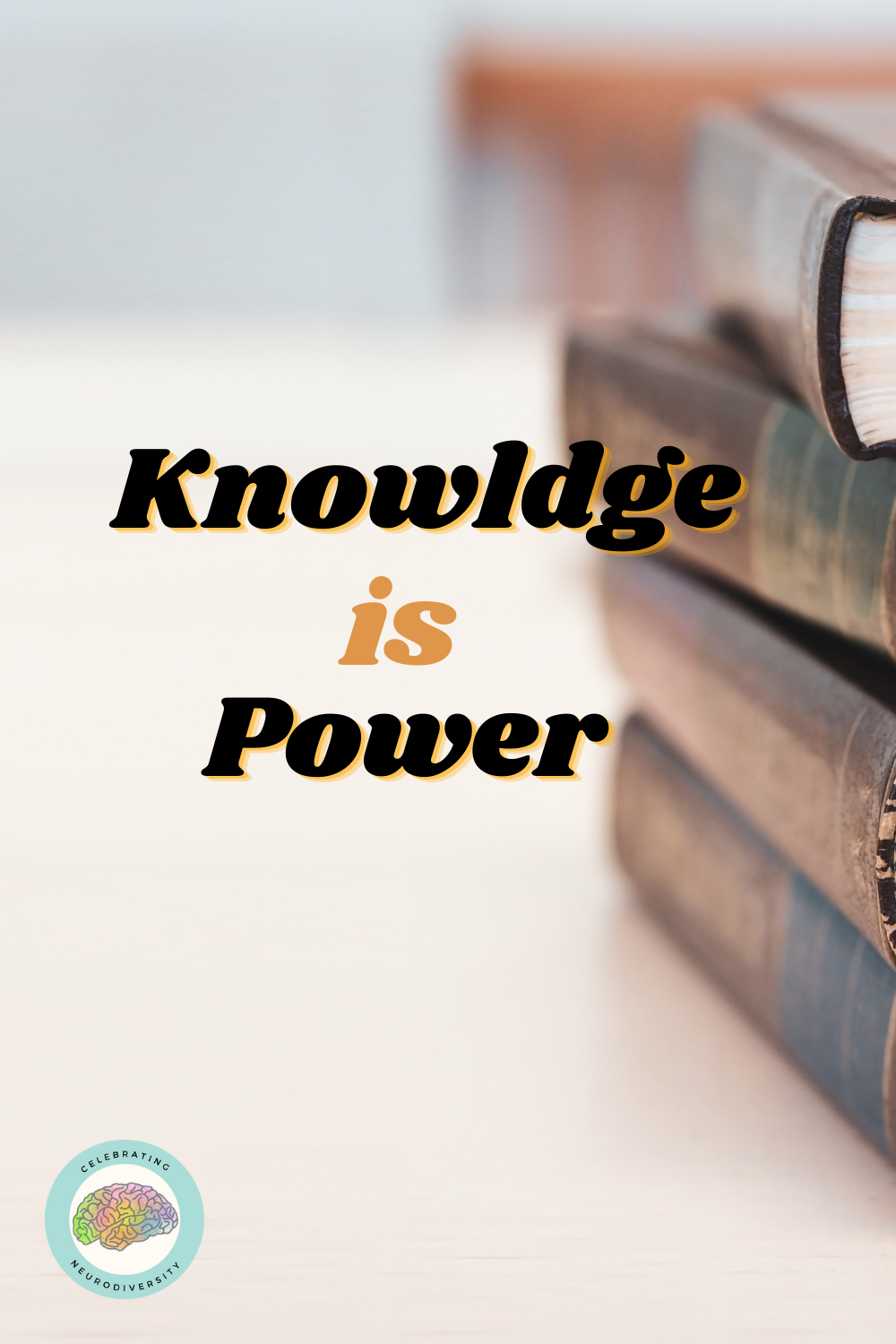
Knowledge is power! I began endless hours of learning through research. I read books, sat through webinars, podcasts, anything to help me learn more. To my surprise, I found the answers based on science, on how I could help others learn to read with dyslexia, and all readers at that. I continue to learn and grow as a teacher and recently obtained my Orton-Gillingham teaching certification. I now feel confident in my abilities to teach reading and can see my student’s growth through data.
I also feel more confident with my own dyslexia. My new learning was not only about how to teach children to read but also about dyslexia and so much more. Dyslexia and reading go hand in hand. I used to say, “I’m not smart, I just work hard.” I’m not sure I feel that way about myself after learning about dyslexia. I have always given over 100% in school to get good grades and in my life to excel at my passions. What I know now is that I may not have looked smart in school because of my challenges, but my brain is quite amazing and now being an adult and living in the real world, I see my diverse brain as an advantage and a kind of smart I didn’t realize was a thing when I was in school. I now feel more empowered and want to share all I can with children who have dyslexia, as well as their parents and teachers.
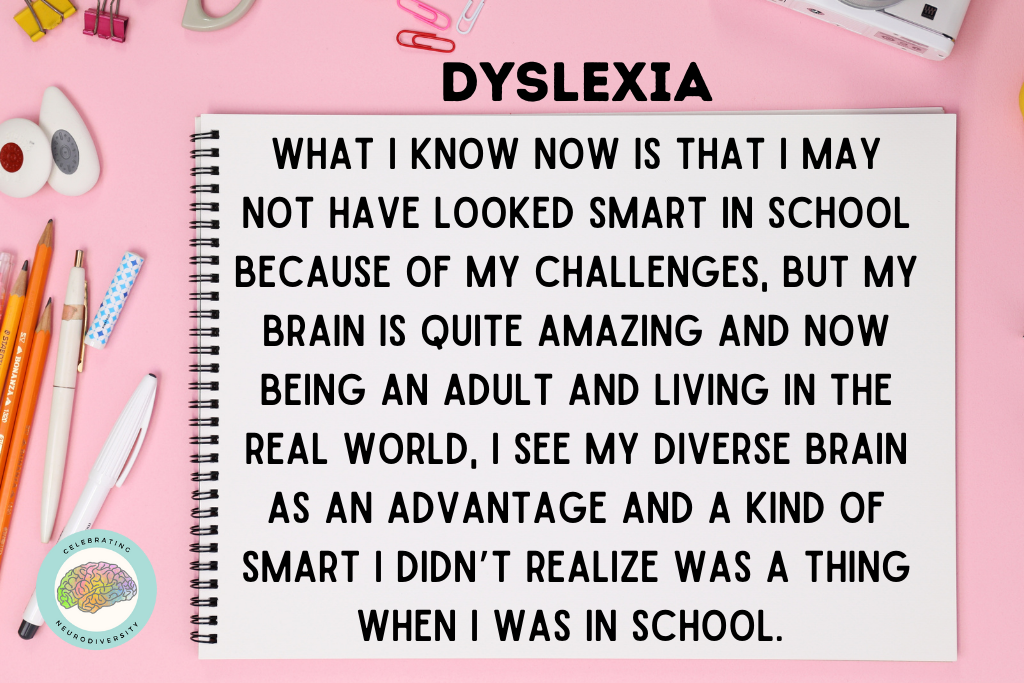
I encourage you to learn more about the science of reading and dyslexia. Don’t know where to start? I totally understand! That was me a few short years ago and is why I created Celebrating Neurodiversity.
- My website has a lot more information for you and other resources to checkout as well under the resource tab.
- If you’re looking for resources you can use with your students, you can head over to my TPT store. I have games and resources that are ready to use.
- If you want to hear other stories from adults with dyslexia, Kelly Sandman-Hurley just publish the book, The Adult Side of Dyslexia. (This is an affiliate link. That means I am awarded a small commission for purchases made from this link, at no added cost to you.)

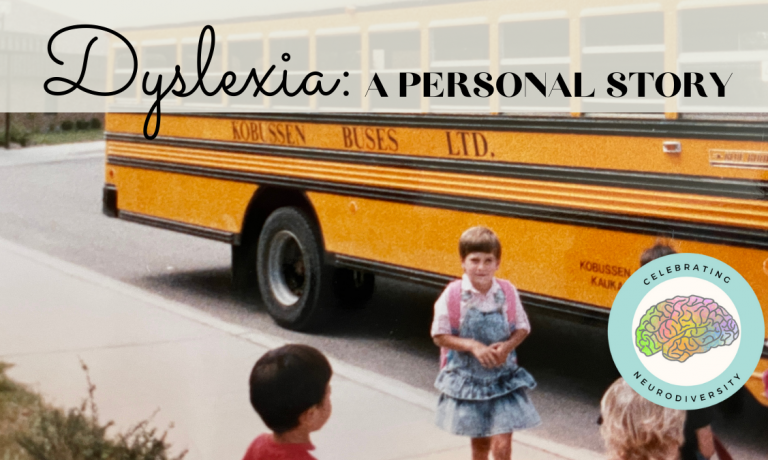
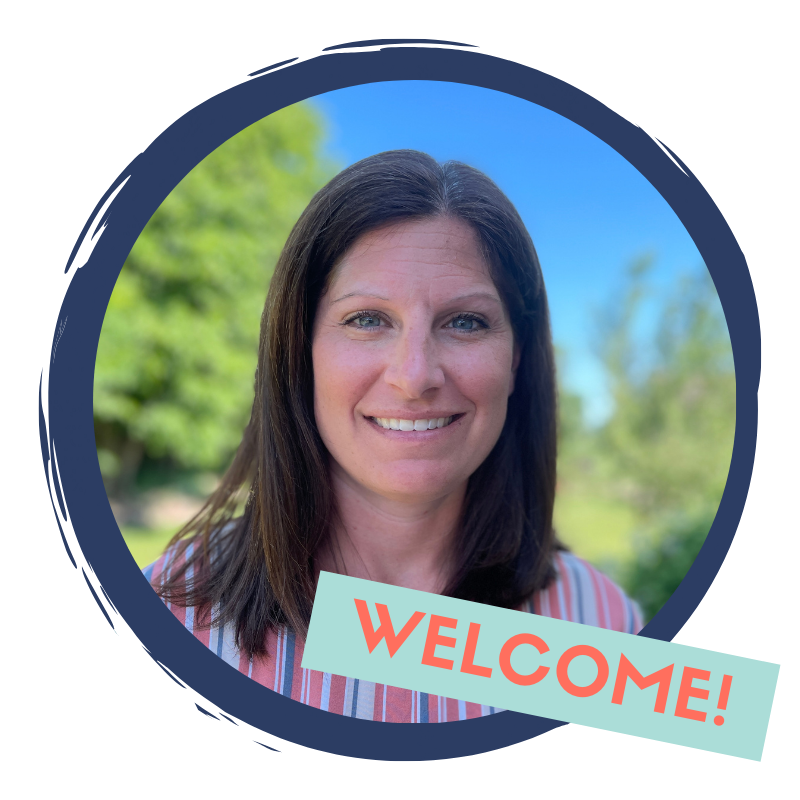

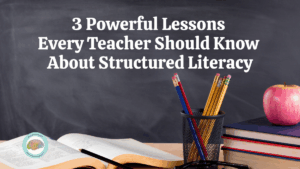
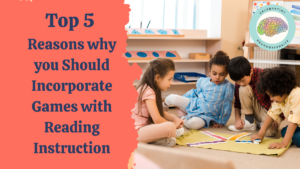
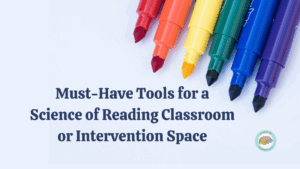
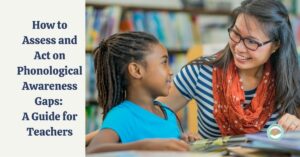
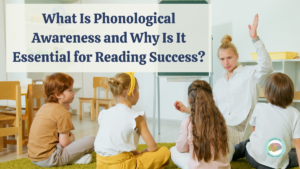
One Response